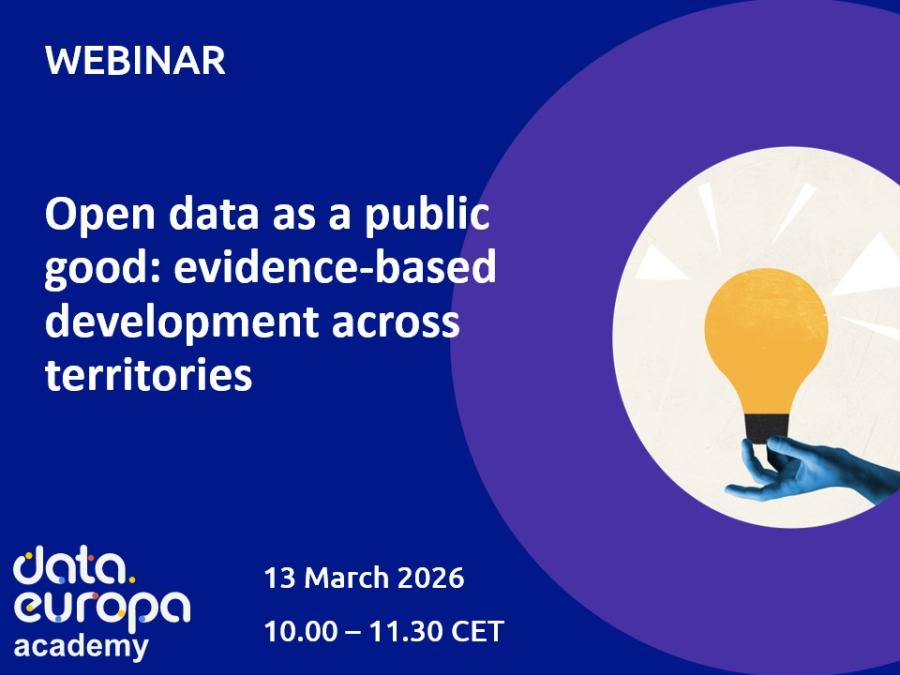Ungarn

Blog fra: Ungarn
Der er i øjeblikket ingen blogindlæg
Use cases in: Ungarn
K-monitor is an NGO that fights corruption and promotes transparency in Hungary. The company challenges social indifference to corruption in the country. The company creates tools and databases to make public expenses trackable and decision makers accountable.
K-monitor is an NGO that fights corruption and promotes transparency in Hungary. The company challenges social indifference to corruption in the country. The company creates tools and databases to make public expenses trackable and decision makers accountable.
Otthontérképis a map-based database of real estate for sale or to rent.
Rapporter i: Ungarn

Arrangementer om åbne data i: Ungarn

Der er i øjeblikket ingen kommende arrangementer
Open Data News in: Ungarn






